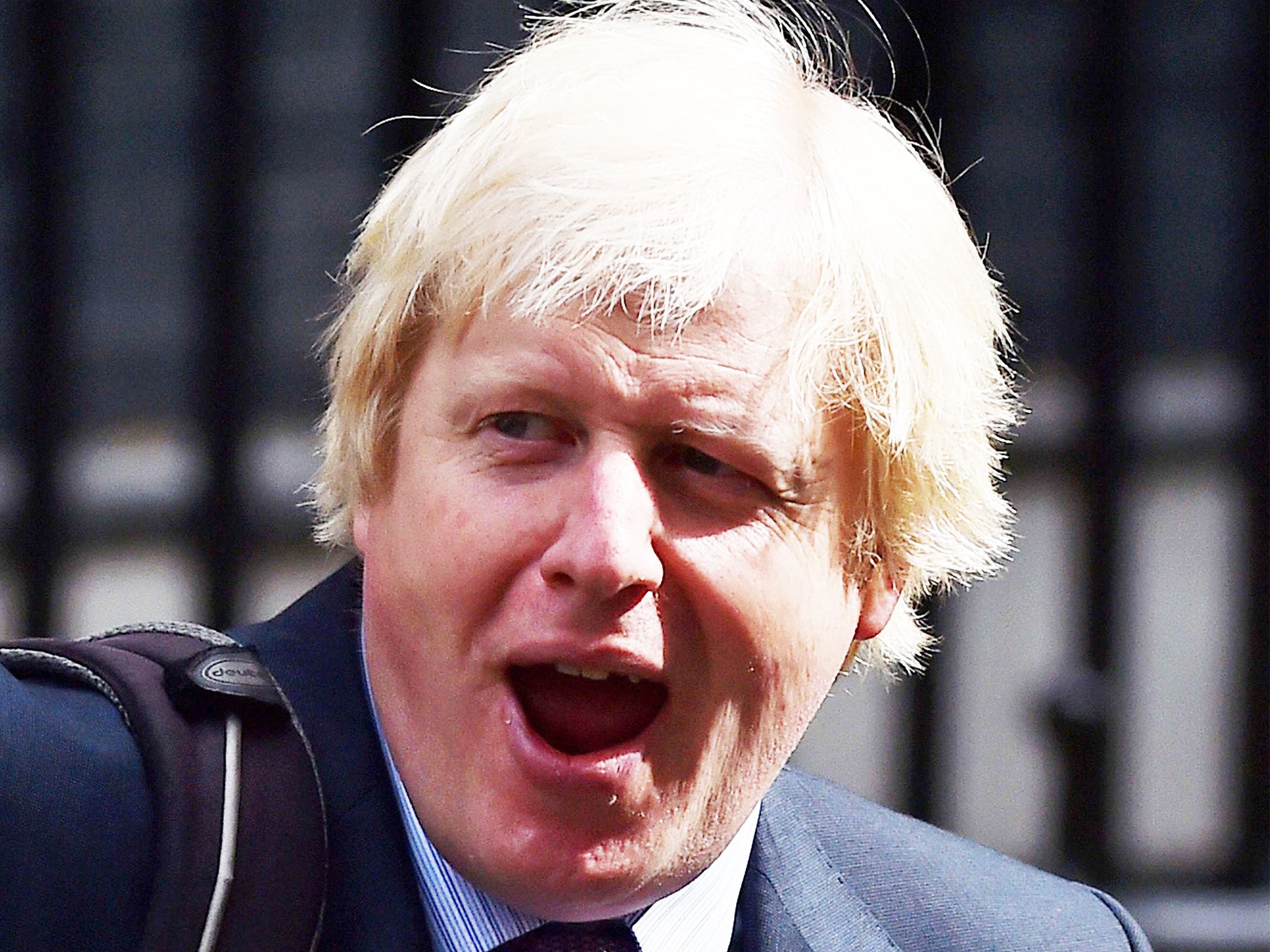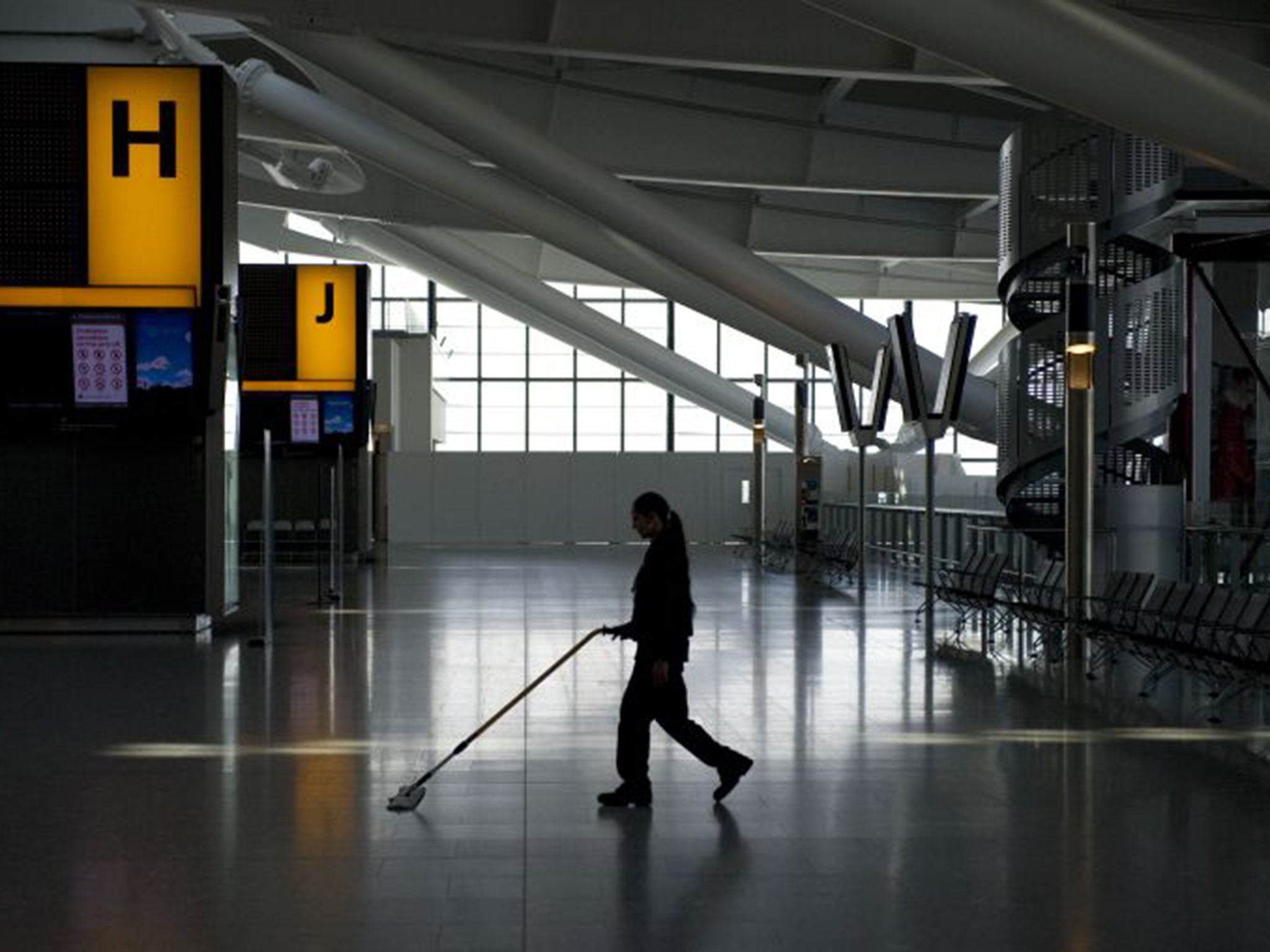Your support helps us to tell the story
From reproductive rights to climate change to Big Tech, The Independent is on the ground when the story is developing. Whether it's investigating the financials of Elon Musk's pro-Trump PAC or producing our latest documentary, 'The A Word', which shines a light on the American women fighting for reproductive rights, we know how important it is to parse out the facts from the messaging.
At such a critical moment in US history, we need reporters on the ground. Your donation allows us to keep sending journalists to speak to both sides of the story.
The Independent is trusted by Americans across the entire political spectrum. And unlike many other quality news outlets, we choose not to lock Americans out of our reporting and analysis with paywalls. We believe quality journalism should be available to everyone, paid for by those who can afford it.
Your support makes all the difference.George Osborne’s new ‘national living wage’ is not actually a living wage, the group responsible for promoting the living wage has said.
The Chancellor said it would become compulsory to pay over-25s £9 an hour by 2020 and £7.20 from next April.
However, the living wage is currently £7.85 an hour and £9.15 an hour in London. It is likely to rise next year as living costs continue to increase.
“The Living Wage is calculated according to the cost of living whereas the Low Pay Commission calculates a rate according to what the market can bear,” the Living Wage Foundation said in its response to the Budget.
“Without a change of remit for the Low Pay Commission this is effectively a higher National Minimum Wage and not a Living Wage.”
The Foundation however nevertheless welcomed the pay rise.
“We are delighted that the announcement made in the Budget this lunchtime will see over 2.5 million workers receive a much needed pay rise,” said Rhys Moore, the Foundation’s director.
“This is a massive victory for Citizens UK and those communities, workers and business leaders who have campaigned for a Living Wage since 2001.”
Mr Osborne made the surprise announcement in his Budget statement to Parliament on Wednesday.
“It’s because we’ve taken these difficult decisions, and overcome the opposition to them, that Britain is able to afford a pay rise,” the Chancellor said.
“Because let me be clear: Britain deserves a pay rise and Britain is getting a pay rise. I am today introducing a new National Living Wage.”
One colleague of Mr Osborne who appeared not to be in the loop about the announcement was Mayor of London Boris Johnson.
Despite attending David Cameron’s political cabinet, Mr Johnson this morning told LBC Radio that the living wage should not be compulsory because it would hurt business.
“I don’t want the living wage to be made absolutely compulsory,” he said. “If you talk to a lot of people who’ve really led on this, London Citizens, the people who many years ago got this movement going, they don’t want it made compulsory.
“They don’t want every single small business to be obliged by law to pay something that might really damage their ability to survive.”

An investigation conducted in March found that not a single high street chain had signed up to provide the voluntary rate, despite posting huge profits.
In October last year the Coalition Government’s social mobility tsar, former Labour minister Alan Milburn, said the wage should be made compulsory.
The major parties have shied away from raising the minimum wage to the rate, however. Before it lost the election, Labour said it would only raise the minimum wage to £8 an hour by 2017.
The living wage is an hourly pay rate set independently and updated annually, calculated according to meeting basic living costs in Britain.
The rate is currently £7.85 an hour in the UK and £9.15 in London, where living costs are higher.

Join our commenting forum
Join thought-provoking conversations, follow other Independent readers and see their replies
Comments